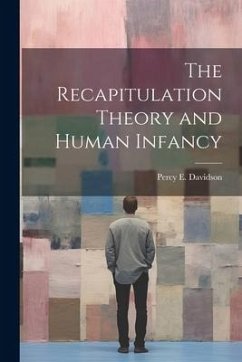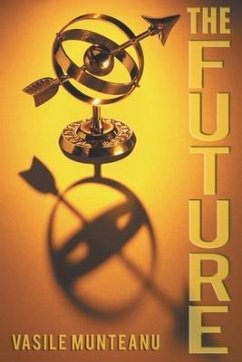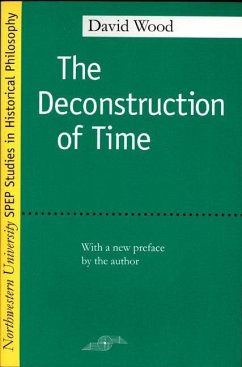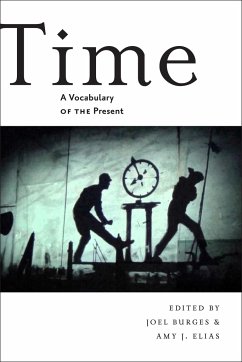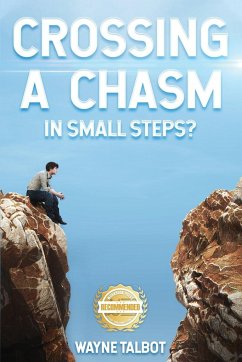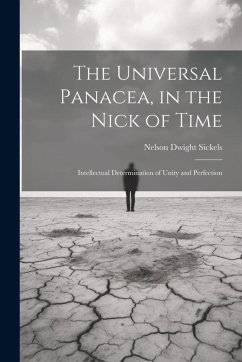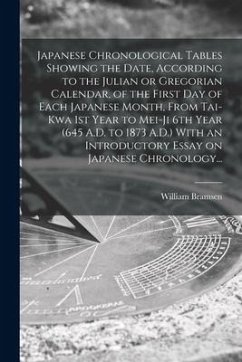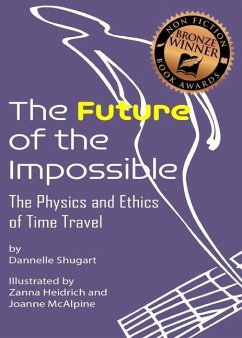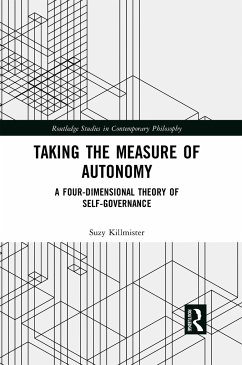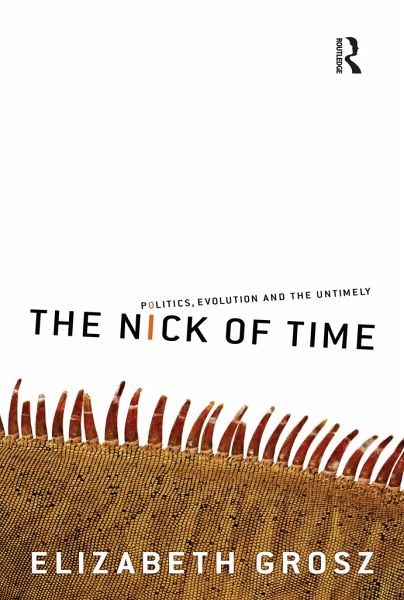
The Nick of Time
Politics, evolution and the untimely
Versandkostenfrei!
Versandfertig in 1-2 Wochen
38,99 €
inkl. MwSt.
Weitere Ausgaben:

PAYBACK Punkte
19 °P sammeln!
In this pathbreaking new work, Elizabeth Grosz proposes a theory of becoming in place of the prevailing emphasis on being in social, political and biological discourse. Drawing on evolutionary biology, she explores the effect of time on the organization of matter and the development of biological life. She argues that factoring in the relentless forward movement of time throws new light on the ever-growing complication of social life, and also on political struggle. Grosz juxtaposes the work of Darwin, Nietzsche and Bergson. Each theorises time as an active phenomenon with specific effects, wi...
In this pathbreaking new work, Elizabeth Grosz proposes a theory of becoming in place of the prevailing emphasis on being in social, political and biological discourse. Drawing on evolutionary biology, she explores the effect of time on the organization of matter and the development of biological life. She argues that factoring in the relentless forward movement of time throws new light on the ever-growing complication of social life, and also on political struggle. Grosz juxtaposes the work of Darwin, Nietzsche and Bergson. Each theorises time as an active phenomenon with specific effects, with a profound impact on understandings of the body in relation to time. She shows how their concepts of life, evolution, and becoming are manifest in the work of Deleuze and Irigaray. Throughout The Nick of Time, Grosz emphasizes the political and cultural imperative to fundamentally rethink time: the more clearly we understand our temporal location as beings straddling the past and the future without the security of a stable and abiding present, the more transformation becomes conceivable.





